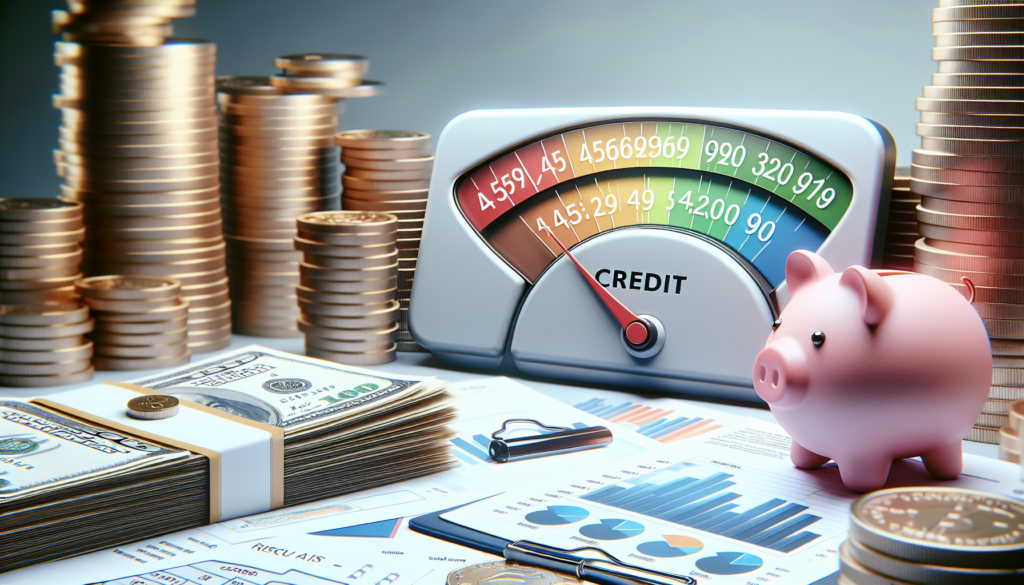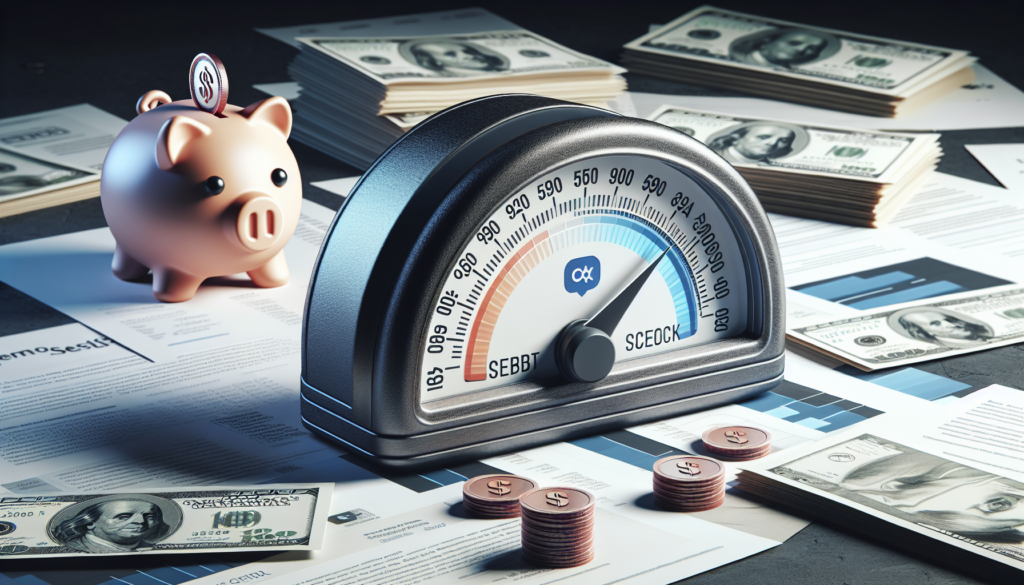
The impact of Chapter 7 bankruptcy on a credit score varies significantly depending on individual circumstances, including the debtor’s credit score prior to filing, the amount and type of debt discharged, and post-bankruptcy financial behavior. However, understanding the typical trajectory can provide some insights.
Initial Impact of Chapter 7 Bankruptcy:
- Filing for Chapter 7 bankruptcy can lead to a substantial drop in your credit score. Debtors can expect a decrease of 150 to 200 points or more, depending on their credit status before bankruptcy.
- The exact impact varies; individuals with higher credit scores might see a more significant drop compared to those with already lower scores.
Credit Score Two Years After Filing:
- Two years post-bankruptcy, the impact on your credit score starts to diminish, especially if you’ve taken steps to rebuild your credit.
- While it’s challenging to pinpoint a “typical” credit score, individuals who are proactive about rebuilding their credit can see some improvement. For example, if someone’s score was 700 and dropped to 500 after filing, they might see it improve to the 550-650 range within two years, assuming positive financial behavior.
- The improvement range is broad because it depends on various factors, including how the individual manages any new or remaining credit, their utilization rate, and whether they’ve taken on new credit or loans responsibly.
Rebuilding Credit Post-Bankruptcy:
- Secured Credit Cards: Obtaining a secured credit card and using it responsibly can be a good starting point. Ensure you pay the balance in full each month to avoid interest charges and to demonstrate good credit management.
- Installment Loans: If feasible, a small installment loan, like an auto loan or a credit-builder loan, can help. Consistent, on-time payments can positively impact your credit score.
- Payment History: Ensure that all your payments, not just credit cards or loans, are made on time. This includes utility bills, rent, and any other recurring payments.
- Credit Utilization: Keep your credit utilization low. Utilization is the ratio of your credit card balances to your credit limits. A lower ratio is better for your credit score.
- Monitor Your Credit: Regularly check your credit reports for inaccuracies. You’re entitled to a free report from each of the three major credit bureaus once a year through AnnualCreditReport.com.
While there’s no exact “typical” credit score two years after filing for Chapter 7 bankruptcy, individuals who actively engage in rebuilding their credit can see a noticeable improvement. The key is to adopt and maintain healthy financial habits, which will gradually help increase your credit score over time.


Get a Free Bankruptcy Case Evaluation